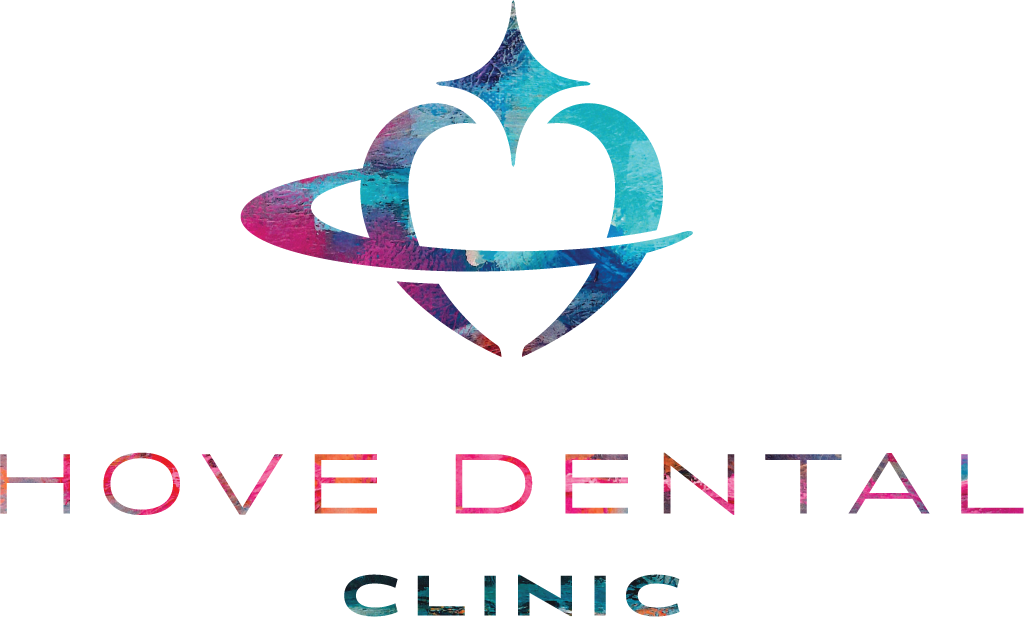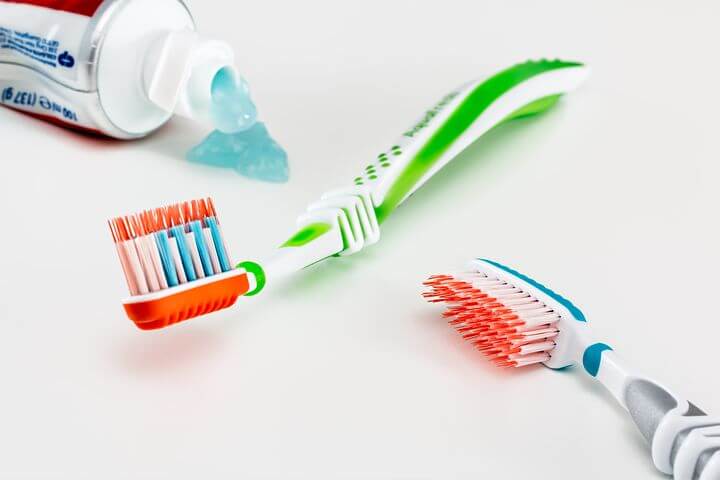Whitening Toothpaste
One of the most popular toothpaste features is whitening toothpaste. After all, everyone wants to achieve a white Hollywood smile without the big price tag and this is one of the reasons whitening toothpastes are so popular. However, what many people do not realise is that whitening toothpaste won’t necessarily remove the stains from your teeth caused by coffee, tea, and fizzy drinks. What’s more, excessive use of whitening toothpaste can wear down the enamel of your teeth, often making them sensitive.
Enamel Repair Toothpaste

Toothpaste for Sensitive Teeth
Many people suffer from tooth sensitivity and experience a lot of discomfort when eating cold foods or drinking hot drinks. As a result, many people turn to sensitive toothpaste to try and solve the problem. And while many sensitive kinds of toothpaste work to calm the irritation, this is only a temporary solution. The reasons tooth sensitivity occurs is because cold food and drink comes into contact with your dental tubules.
Dental tubules are fluid-filled straws that start from the outer surface of the tooth and travel through to the inner area of the tooth where the nerve and blood supply is and this is what causes the sensitivity. So, while sensitivity toothpaste can help cover the problem, it will not fix the problem on the long-term.
Anti-Cavity Toothpaste
A popular toothpaste choice for many people, anti-cavity toothpaste contains higher amounts of fluoride than you’d find in most kinds of toothpaste. Anti-cavity toothpaste helps to protect the cavities of your teeth by delivering extra fluoride to the enamel.
Is There Really Any Difference Between Toothpastes?

Why Are Some Toothpastes Recommended by Dentists?
One question many people ask is “if there’s not any real difference between toothpaste, then why do I see adverts saying 9/10 dentists recommend a certain brand?” That’s often because they just want you to use their toothpaste and they are promoting a certain brand as a result.
There is no specific toothpaste brand that dentists would recommend above others, as the main purpose of toothpaste is to thoroughly clean your teeth. Therefore, if the toothpaste has been approved by the relevant government agency, improves your oral hygiene, and won’t cause harm to your dental hygiene, you’re good to go!
How to Maintain Good Oral Hygiene

Never Go to Bed Without Brushing Your Teeth
Brushing your teeth at the end of the day is extremely important to maintain good oral hygiene. It cleans away all the food, plaque, and bacteria that have built up in your mouth throughout the day and helps reduce your chance of infection and bad breath.
Brush Your Teeth Properly
Teeth brushing is no good if you don’t do it properly. The most important thing to avoid is rushing as this can mean a job half done. Always work slowly and thoroughly, moving your toothbrush around your mouth in circular motions and being sure to brush all around individual teeth.
Don’t Forget to Floss
Many people do not floss on a regular basis and this can cause plaque build-up, increased risk of infection, and bad breath. So, it is important you floss every day to keep your mouth healthy and clean. Flossing helps you remove food build-up between your teeth in places your toothbrush has missed. Flossing once a day can mean huge benefits for your oral hygiene and keep your mouth healthy and fresh.
Use a Quality Mouthwash
After you have finished brushing your teeth and flossing, it is important to use a quality mouthwash. This will ensure your breath smells minty fresh, reduce the likelihood of inflammation and plaque build-up, and reduce the bacteria in your mouth. If you don’t already, you should use mouthwash every day.
Contact Hove Dental for Further Advice
We hope our advice has been helpful and our points have given you something to think about. If you would like further advice on the best toothpaste for you, please do not hesitate to contact one of our dental professionals. Furthermore, book your consultation today and have your teeth looked at so that you can keep your oral hygiene in check.





















